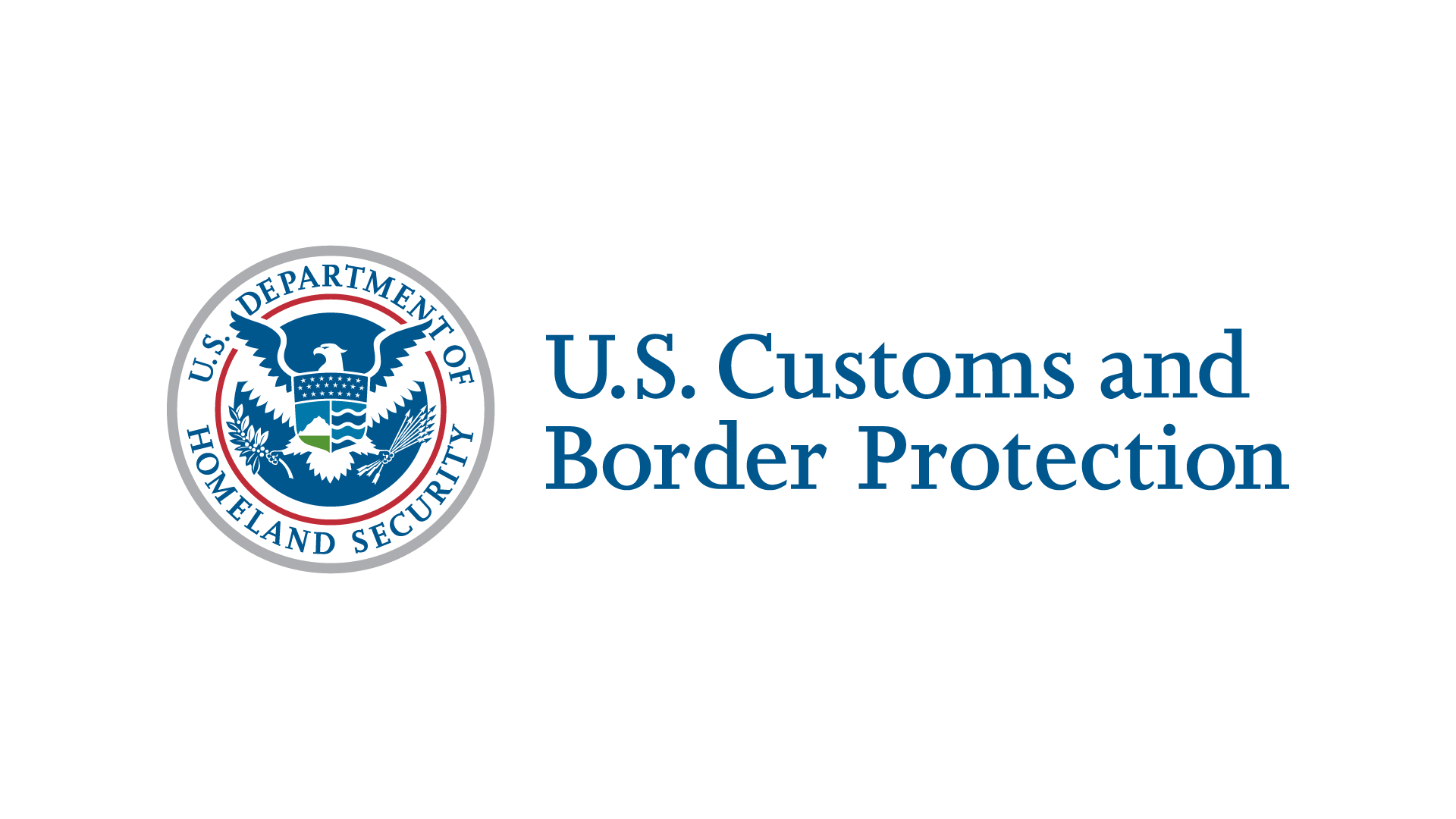U.S. CUSTOMS AND BORDER PROTECTION
FIELD OPERATIONS, NEW YORK
PORT OF NEW YORK / NEWARK
INFORMATIONAL PIPELINE NO. 23-020-NWK
TO:Commercial Airlines, Maritime Partners, Customhouse Brokers, and
Others Concerned
SUBJECT: Manifest and Cargo Delivery Violations/Penalties
DATE:SEP 1 3 2023
BACKGROUND: The Air Cargo Advance Screening (ACAS) Program went into effect on June 12, 2018, requiring the submission of advanced air cargo information on shipments arriving in the United States from a foreign location. This is a necessary measure as the Department of Homeland Security (DHS) continues to raise the baseline on aviation security worldwide. As part of the ACAS program, participating carriers submit a subset of required pre-arrival air cargo data to CBP at the earliest point practicable and prior to loading the cargo onto aircraft destined to or transiting through the United States.
U.S. Customs and Border Protection (CBP) has identified a smuggling technique in which a master carton was used to conceal contraband in smaller packages contained within. The smaller packages were pre-affixed with domestic labels and were attempted to be introduced into the domestic stream once deconsolidated. These packages were either unmanifested or mis manifested.
PURPOSE: The accuracy of import cargo information is paramount to the security of the United States economy and assists CBP in identifying and intercepting high-risk violative shipments. Accurate trade information and statistics are important in determining trade policy, future eligibility of certain goods or goods from certain countries for special programs, impact of imports on domestic industries, and the effectiveness of various trade agreements and programs.
This pipeline seeks to reiterate and focus on the mandatory data requirements for providing CBP with the numbers and quantities, including precise cargo descriptions, for bills of lading. Pursuant to the Trade Act of 2002 and codified in Title 19 there are mandatory manifest timing cadences by way of individual transportation modalities and data requirements for CBP’s Advance Cargo Information. The table below identifies those citations by modes of transportation.
| Mode of Transportation | Numbers and Quantity Citation | Precise Cargo Description Citation |
| Ocean | 19 CFR §4.7a(cX4)(v) | 19 CFR §4.7a(cX4)(vii) |
| Air | 19 CFR §122.48a(d)(1)(vii) § 122.48a(d)(2)(iv) | 19 CFR §122.48a(d)(lXix) § 122.48a(dX2)(iii) |
| Rail | 19 CFR §123.91(d)(4) | 19 CFR §123.91(dX5) |
| Truck | 19 CFR §123.92(dX7) | 19 CFR §123.92(d)(9) |
INACCURACIES OR DISCREPANCIES IN MANIFESTS
Violations found by CBP upon examination of inbound cargo will be subject to penalties. The carrier is obligated to ensure the manifest being presented to CBP is verified and correct prior to arrival. Below are examples of what the manifest should entail:
• Manifest should contain sufficient description of merchandise.
• Manifest should contain shipper/consignee names or identifies the shipper.
• Consolidated cargo should be properly manifested.
• The carrier or another party must also electronically transmit directly to CBP, cargo information for all associated house air waybill records associated to the master air waybill record for a single consolidated shipment.
• precise cargo description
• total quantity based on the smallest external packing unit.
• There should be no shortages or overages per the manifest.
• Failure to manifest narcotics
19 USC 1584(a)(2) provides for penalties against the master of a vessel or person in charge of a vehicle, or the owner of such vessel or vehicle, or any person directly or indirectly responsible for the presence of unmanifested controlled substances on an arriving conveyance.
CARGO DELIVERY VIOLATIONS
• Failure to deliver merchandise to a Centralized Examination Station or other location designated by CBP.
• Unauthorized delivery by carrier of merchandise that is designated for examination.
CBP relies on you, the carriers, to provide accurate and detailed information related to your shipments. In doing so, the Trade community at large assists CBP in one of our most critical roles – facilitating lawful, fair, competitive and compliant trade while enforcing U.S. laws to ensure safety, prosperity and economic security for the American people. We trust that you will all continue to be valued partners in this mission by meeting the strict requirements when submitting cargo data.
TenaVel T. Thomas
Port Director
Port of New York/Newark


